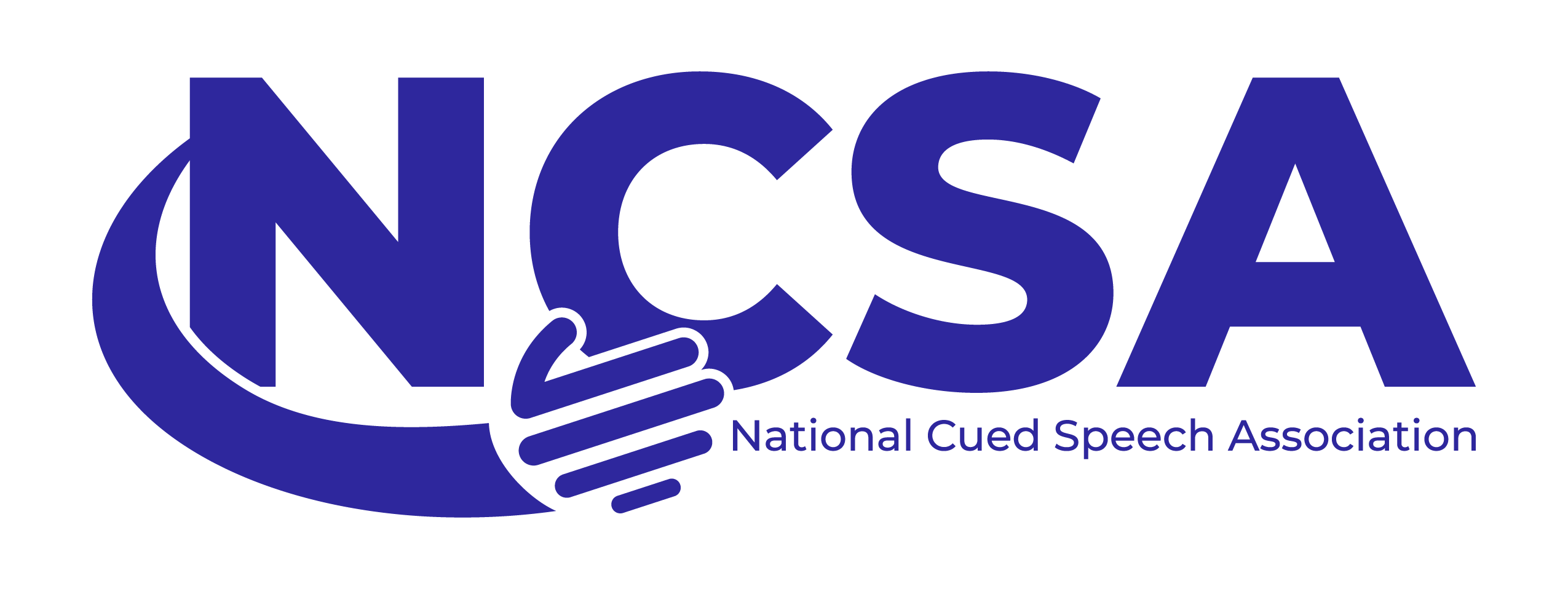David was born deaf in Jerusalem, Israel and grew up cueing in Bethesda, MD. He currently uses a cochlear implant. At the moment, David lives in San Francisco, CA where he currently works with a web company called 1000memories. He plans to finish his degree in Computer Science at RIT this fall.
Q. What’s your name and age?
I’m David Peter and am just turning 21.
Q. How long have you been deaf or hard of hearing? Do you use hearing aids or a cochlear implant?
I was deaf from birth and had hearing aids growing up. When I was 16, I got a cochlear implant and have been using it exclusively ever since.
Q. Where do you live today? Where did you grow up?
I currently live in San Francisco. I was born in Jerusalem, but when I was two, my family moved to Bethesda, Maryland, where I grew up.
Q. How did Cued Speech end up as your primary communication method? When did you start cueing? Who cued to you (family, teachers, friends, etc)?
My parents decided that learning Cued Speech would be the most effective route to learning for me. As a result, my family moved to Maryland for their excellent Cued Speech services and support, and I began cueing at the age of three.
Inside my family, only my immediate family cued. Many of my friends were deaf cuers, since they were the only ones I could really communicate with. From high school on, some of my cousins and hearing friends learned to cue as well. No teachers past pre-school cued, except sometimes the audiologist.
Q. What communication methods did you use in school- Transliterators, Terps, transcription, etc?
I used Cued Speech transliterators up to and during secondary school. Transliterators have not been supported during my matriculation at the Rochester Institute of Technology, so I use C-Print and American Sign Language (ASL) interpreters instead. However, I’m not knowledgeable enough with ASL vocabulary to understand ASL interpreting in classes — I can only understand ASL interpreters in social environments.
Q. What has been the impact of using Cued Speech on your life? Do you still use CS today?
Cued Speech had a big impact on the early years of my life: I don’t think I would understand English as well or as quickly as I would have without Cued Speech. I became a voracious reader (and still am)! I don’t use Cued Speech much these days as there is no practical support for it at RIT. That’s a huge shame; in class or when talking to hearing people, I’ve never found anything that worked better than Cued Speech.
Q. Tell me about your education. What did you study and where?
I entered the Rochester Institute of Technology as a New Media Interactive Development major, but changed my major to Computer Science the fall of my second year. I’m currently on co-operative education for a year in San Francisco.
Q. What are you up to now?
I’m taking a year off to work full-time for a company, 1000memories, which hired me as an intern then kept asking me to work full-time until I said yes! Since I want to finish college, I’ve set this summer off to take a break from working and focus on self-improvement. I return to RIT in the fall.
Q. Where do you see yourself in 10 years?
In 10 years, no matter what I do, I’ll be helping people. I’m likely going to be a web developer and designer. My immediate plans after college is to focus on an education tech startup with my friends from Stanford.
Q. Have you got a favorite book? Favorite website or webcomic?
That’s a hard question. I don’t really have a notion of favorites — the crème de la crème tend to bunch together in terms of quality. I would probably say my favorite website is Stack Overflow. There’s a ton of interesting and useful information there.
Q. What other activities are important in your daily routine?
Other than programming, I’m currently balancing multiple interests from drawing, writing, playing music, to cooking, in current priority order.
Q. What would you like people to know about Cued Speech, or raising a deaf/HH child in general?
Cued Speech is a way to disambiguate sound, and is in my opinion the best way to transfer the spoken word to visual. Being a closed system, Cued Speech is very teachable since you don’t have to memorize an ever-evolving language. For socializing with other deaf people, ASL is clearly superior. I recommend learning ASL along with Cued Speech.
When raising a deaf child, it’s important to remember that the child is the same as any other child, which means anything I would say likely also applies to a hearing child. There is only one special need for a deaf child: the ability to understand sound. What that means is that being deaf can be isolating. Without sound, social interaction with hearing people is hard.
Q. What is one little known advantage that Cued Speech has given you?
I’m able to understand, appreciate, and create puns based on sound. I understand rhymes. Sometimes, people on the internet like to change letters of words, and the new “word” doesn’t make sense unless you know how the word sounds. Understanding sound has helped me understand the hearing world inside its own culture.
A quick example is “u” and “you”. They sound the same, and a hearing person knows this intuitively due to their inner voice. (Say a thought out loud in your head.) With Cued Speech, I also have an inner voice, which lets me understand other bastardizations or puns based on sound.
Q. You work in the computer industry, right? Have you created (or been involved with) any websites, apps, or related things you’d like people to know about?
Yes, I currently work as a software engineer at 1000memories, a site to store and share your old photos. It’s located at 1000memories.com, and I’ve been heavily involved in almost all aspects of the site. I’ve also created my own website and host it at http://davidpeter.me. I’ve done a lot of web development, but not all of it is worth looking at!
Q. How have you balanced being a Cuer with living in a hearing world and socializing with other deaf folks?
This is an interesting question. Learning Cued Speech by itself doesn’t do anything when socializing with other deaf people, so I had to learn ASL during my time at RIT. It’s not an easy task — try learning a full-fledged language in one to two years. But after getting somewhat proficient at it, I actually am part of both worlds. Ideally, a deaf child would learn both Cued Speech and ASL so they can pick between worlds or walk in between.
David Peter
San Francisco, CA



